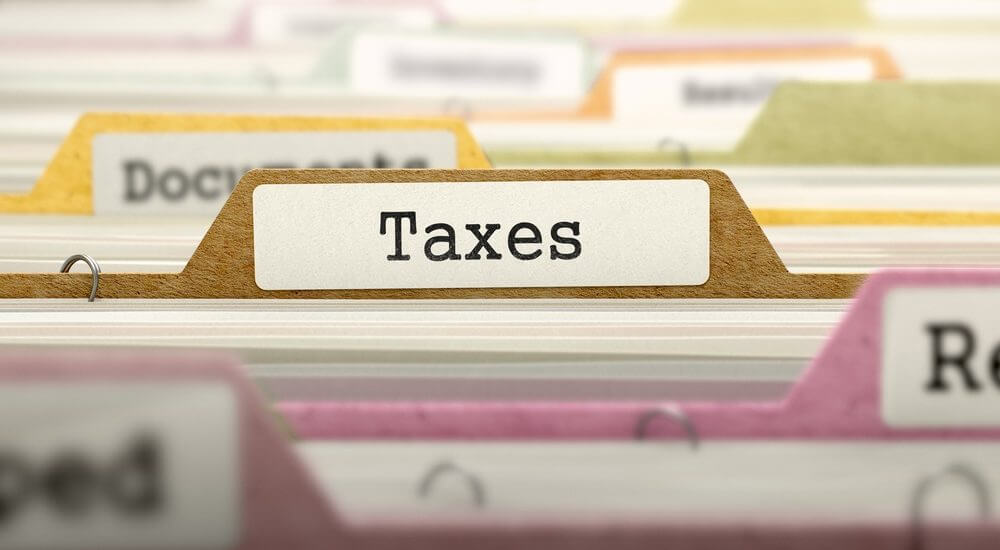If your business received a Paycheck Protection Program (“PPP”) loan, then you know a key selling point of the PPP is the potential to have all or a portion of that loan forgiven. At this point, many businesses have spent their loan proceeds (or are close to doing so) and are focusing their efforts on applying for loan forgiveness. As you think about loan forgiveness, it is important to consider the tax implications for your business. This article discusses some key tax consequences related to PPP loans.
Businesses that receive a PPP loan are not subject to tax on the loan proceeds because there is an obligation to repay the loan. This conclusion results from the application of traditional tax principles to loans. The analysis gets more complicated when all or a portion of the PPP loan is forgiven. Generally, when a loan is forgiven, this produces “cancellation of debt” income that is taxable to the borrower. However, the Coronavirus Aid, Relief, and Economic Security (CARES) Act, which established the PPP, expressly stated that businesses would not recognize taxable income on the amount of a PPP loan that is forgiven.
If you have followed the PPP for any length of time, you know this is all too good (and simple) to be true. While the CARES Act specified that borrowers are not subject to tax when their loans are forgiven, it was silent as to the deductibility of expenses paid with forgiven PPP loan proceeds. As you will recall, borrowers must spend their loan proceeds on certain “forgivable uses” in order to obtain loan forgiveness. These “forgivable uses” include payroll costs, payments of interest on covered mortgage obligations, covered rent obligations, and covered utility payments. Normally, these forgivable uses would be deductible for tax purposes as ordinary and necessary business expenses. However, in Notice 2020-32, the IRS stated that no deduction is allowed for an otherwise deductible expense if the payment of the expense results in forgiveness of the PPP loan.
The IRS’s position is that allowing these expenses to be deductible would provide a double tax benefit. Some members of Congress have argued that this is precisely what they intended, and there has been a push for legislation that would expressly provide for the deductibility of expenses paid with forgiven PPP loan proceeds. However, it is unclear whether such legislation will pass and be signed into law.
What does all of this mean for PPP borrowers? Absent further action, expenses paid with forgiven PPP loan proceeds are not deductible. The practical effect of the IRS’s position is that borrowers will have to pay tax on the amount of the loan that is forgiven. Borrowers should consider these consequences when planning for their tax liability and making estimated tax payments.
Added complexity arises for borrowers who’ve spend their loan proceeds in one taxable year and do not receive a decision on forgiveness before the due date of the tax return for that year. This situation is especially likely to occur for fiscal year filers. For example, assume a business operates on a fiscal year that begins on July 1 and ends on June 30. The business received a PPP loan in April 2020 and spent all loan proceeds before June 30. The business expects to receive full forgiveness, but it has not received a decision by the time the tax return is due for the 2020 fiscal year.
Does the business deduct the expenses in fiscal year 2020 because no forgiveness of the PPP loan has occurred? Or does the business treat the expenses as non-deductible because it expects to receive loan forgiveness? Although there is no clear answer, practitioners expect the IRS to disallow the expenses on the return for fiscal year 2020 to the extent of the expected loan forgiveness. If the business later learns that it will not receive full forgiveness (or will receive a different amount of forgiveness than expected), the business can make this adjustment by filing an amended return.
We will continue to keep you informed of new developments in this ever-changing area.
Want more information about how COVID-19 is impacting businesses? Visit our COVID-19 Resources page.








